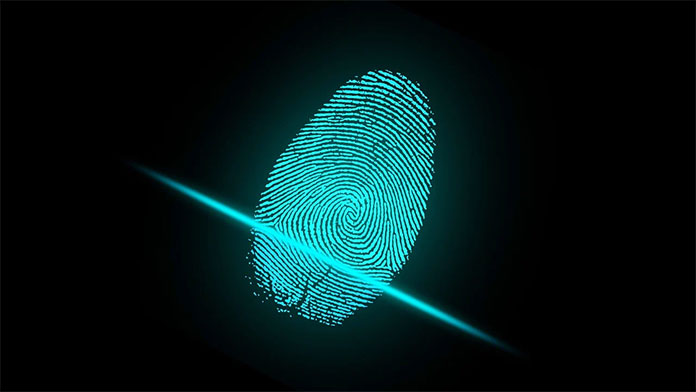
Warning! Thieves are using malicious e-mail, text messages, and telephone scams designed to steal your tax refunds and government stimulus checks.
Things to remember about your IRS Check
There is no business service that can be used to get your check from the IRS any faster that the IRS itself. Do not fall for that scam.
The IRS does not use a third party to “hold”, “process” or “sort” your checks.
Funds are issued directly from the IRS to you via direct deposit or U.S. Postal Service mail. Stimulus checks are issued based on how you filed your 2018 or 2019 taxes.
The IRS will not ask for a PIN, password, or confidential access information for credit cards or bank accounts over the phone or through e-mail.
Phone Scams
Scammers may pose as IRS agents or bank employees to request sensitive information or ask you to verify sensitive information, such as bank account credentials and Social Security Numbers.
Let all incoming calls form unknown numbers / callers go directly to voice mail.
Confirm any request with the alleged organization / business. Use a known phone number or one published on the organizations website when you call to confirm any such request.
E-Mail And Text Message Scams
E-mail or text messages may tempt you to click on a link to infect your device with malware, or call a fake number promising urgent news about your stimulus check or ask you to share personal or banking information. These cyber- attacks, known as “phishing”, are sometimes created to look lie official bank correspondence.
Do not click on links or open attachments
Confirm the message from a trusted source using a known phone number.
Forward any suspicious e-mails or text messages to the authorities or your banking institution.
This is a public service announcement from your friends at R.C. Shea & Associates, a full-service law firm servicing New Jersey since 2000.






